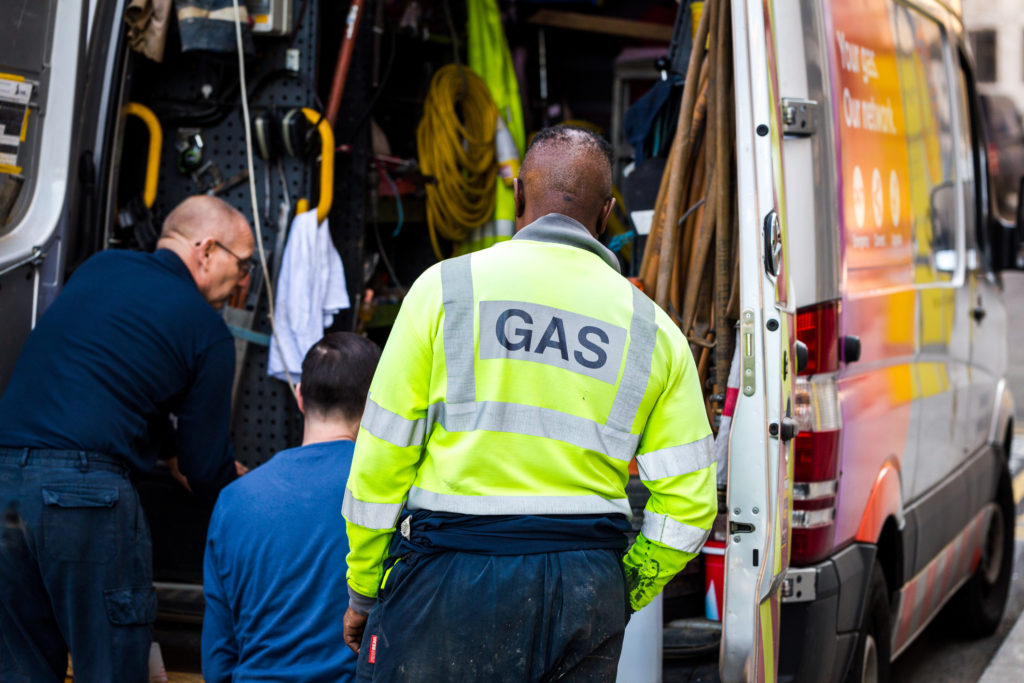
Do you have questions about Hydrogen Sulphide (H2S)?
People usually smell hydrogen sulphide even at very low concentrations in the air, ranging from 0.0005 to 0.3 parts per million (ppm). These levels in the air are not dangerous and will not cause negative health effects. It should be noted that there is no way to tell by smell alone if you are detecting low or high concentrations of hydrogen sulphide; in fact, concentrations around 100ppm will temporarily hinder your ability to smell the gas. You cannot rely on your nose to tell you how much hydrogen sulphide gas is present.
Hydrogen sulphide levels can change based on a number of factors such as fluctuations from the source (i.e. a gas well), or from changes in weather patterns (i.e. wind direction).
Exposure to low concentrations (10-100 ppm) of hydrogen sulfide may cause:
- Irritation to the eyes, nose, or throat
- Difficulty in breathing for some people with asthma
- Headaches
- Poor memory
- Tiredness
- Balance problems
Brief exposures to high concentrations of hydrogen sulfide (greater than 500 ppm) can cause a loss of consciousness. In most cases, the person will likely regain consciousness without any other effects. However, in some people, there may be permanent or long-term effects such as headaches, poor attention span, poor memory, and poor motor function. In very high concentrations, death is possible due to respiratory paralysis.
The ‘rotten egg’ smell of hydrogen sulphide, and its accompanying ‘sulfur water’ taste, will appear in water at low concentrations. Even at these low levels, water will become aesthetically unpleasant and most users will avoid drinking the water at that time. The odor may be more noticeable when you run hot water as heat forces the gas into the air. This may cause the odor to be especially offensive when showering. If there is an ongoing issue with hydrogen sulphide in your water supply, there are a variety of water treatment devices capable of removing it. Consult a licensed plumber or a water treatment company to determine what water treatment device will best suit your needs.
Water samples submitted to CK Public Health are only sampled for bacteria at the Public Health Lab. Chemical sampling can be done for a fee through a licensed private lab. For more information on testing well water, please contact the CK Public Health at 519.352.7270 or visit https://ckphu.com/health-topics/drinking-water/private-well-water/.
If you notice a rotten egg scent and suspect hydrogen sulphide:
- Near your home, call the Spills Action Centre of the Ministry of Environment at 416.325.3000 or 1-800-268-6060 (toll-free)
- Inside your home, call your local fire department
